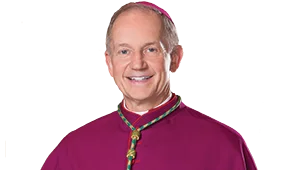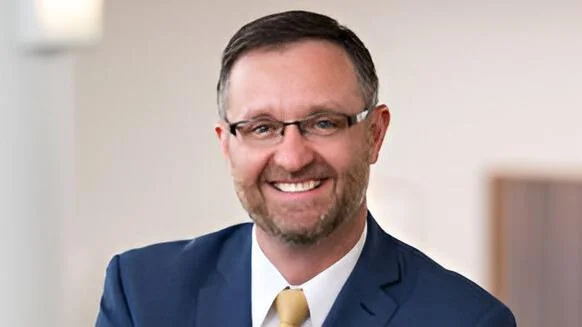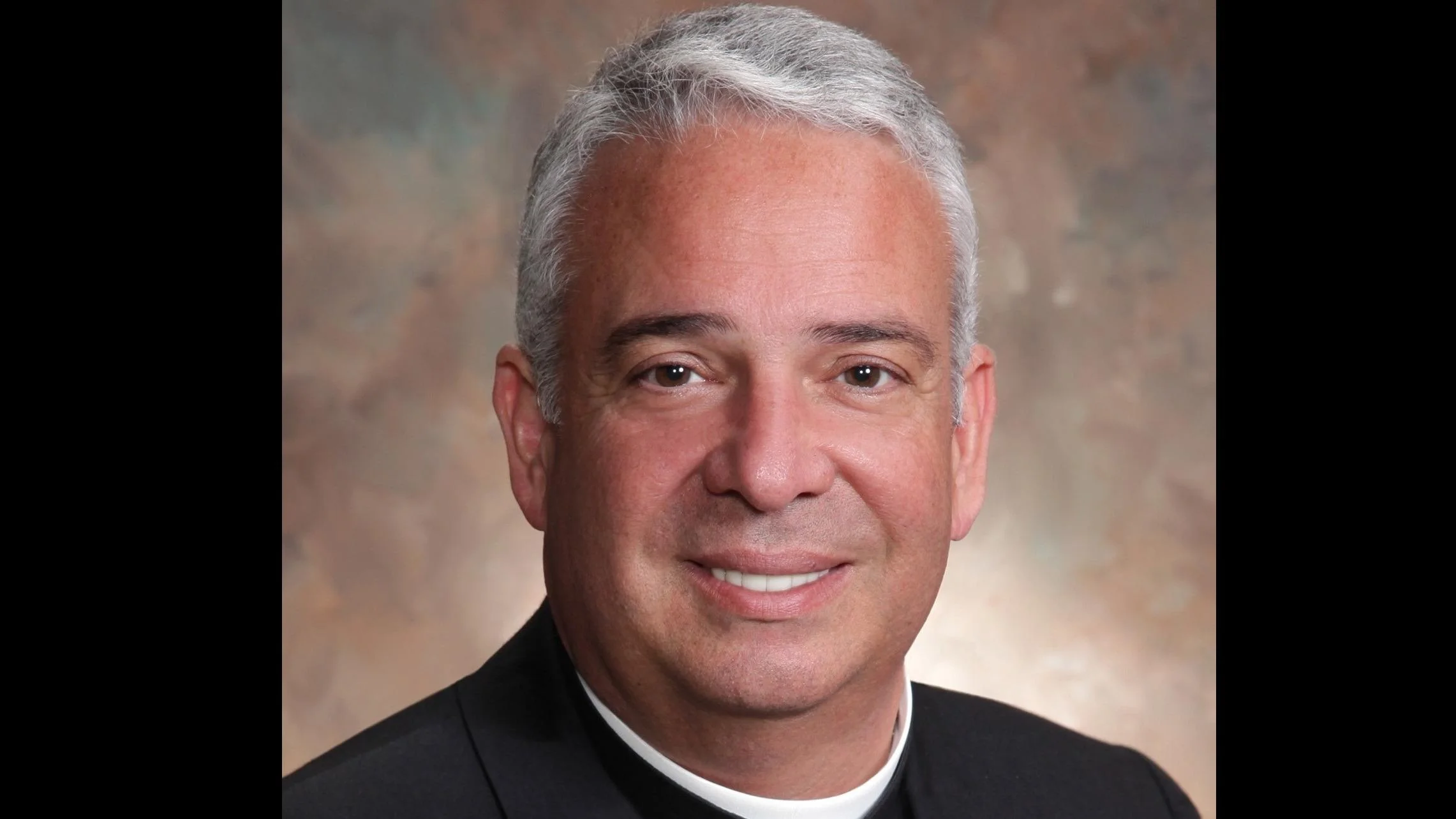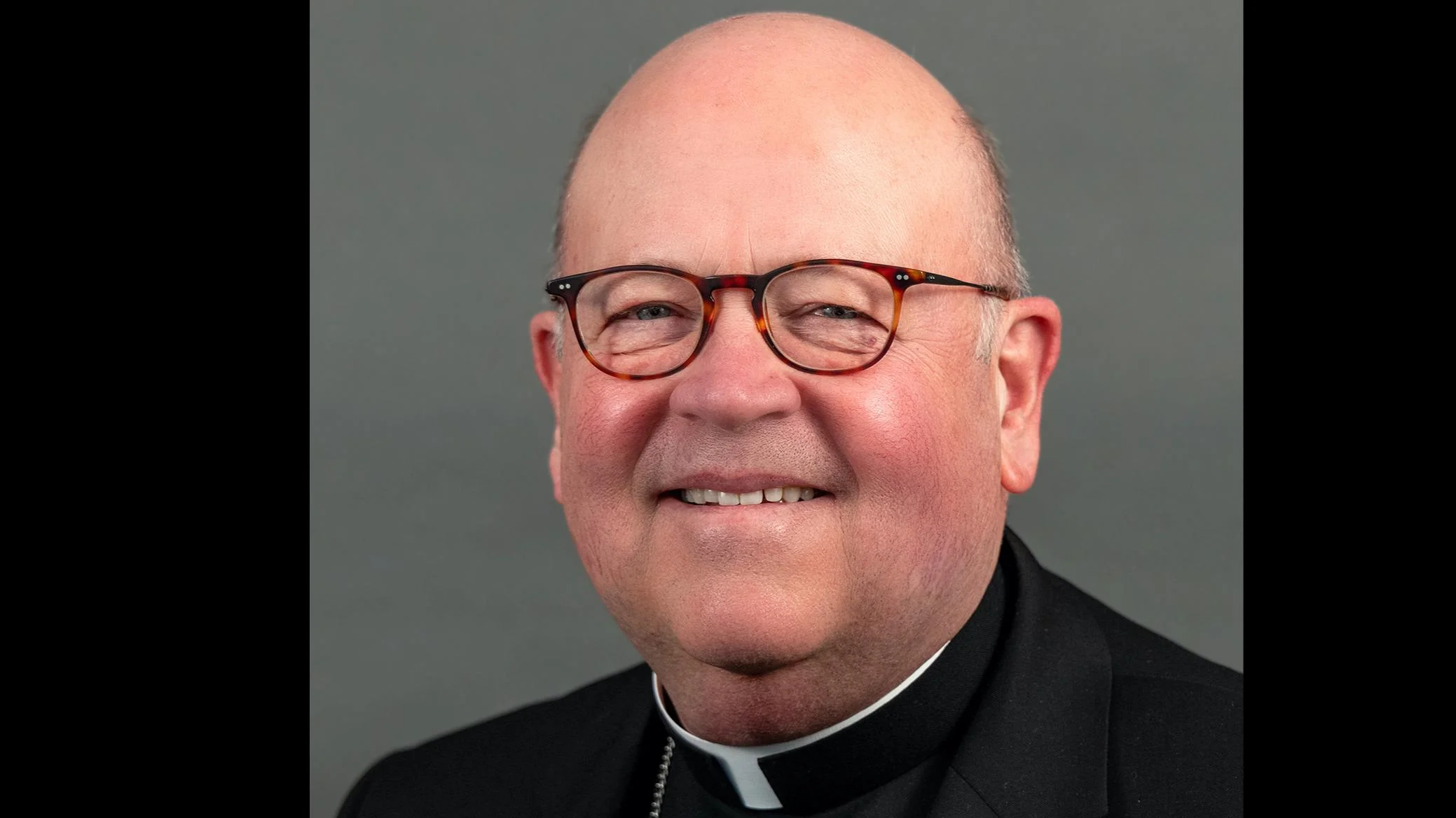
Bishop Thomas John Paprocki | Diocese of Springfield
At what point in the Mass is it considered too late to show up? What then actually counts as my Sunday obligation in terms of my presence at Mass? Also, when is it appropriate to leave Mass? Right after the final blessing, when the priest finishes processing out, or after the closing hymn has concluded?
Rachel in Springfield
The “Sunday obligation” is found in the Code of Canon Law, where it states, “On Sundays and other holy days of obligation, the faithful are obliged to participate in the Mass. Moreover, they are to abstain from those works and affairs which hinder the worship of God, the joy proper to the Lord’s day or the suitable relaxation of mind and body” (canon 1247). This obligation is part of the responsibility of every Christian “to lead a holy life and to promote the growth of the Church and its continual sanctification, according to their own station” (canon 210).
The Catechism of the Catholic Church explains that “the Sunday Eucharist is the foundation and confirmation of all Christian practice. For this reason, the faithful are obliged to participate in the Eucharist on days of obligation, unless excused for a serious reason (for example, illness, care of infants) or dispensed by their own pastor. Those who deliberately fail in this obligation commit a grave sin” (2181).
Two things should be noted regarding the Sunday obligation. First, Catholics are required to attend Mass on Sundays and holy days but are not required to receive Holy Communion each time they attend Mass. Second, the law makes no distinction about “how much” of the Mass we must attend. Because it makes no distinction, in my opinion, we must—unless excused—participate in the entirety of the Mass from beginning to end to fulfill our Sunday obligation while abstaining from those things which hinder worship and suitable relaxation.
Of course, there are times when circumstances beyond our control may make us arrive late for Holy Mass; however, these situations should not be common occurrences. It is difficult to imagine a situation where departing from Holy Mass only a minute or two before its conclusion would be necessary.
The Mass begins with Introductory Rites that “precede the Liturgy of the Word: namely, Entrance, Greeting, Penitential Act, Kyrie (Lord Have Mercy), Gloria (Glory to God), Collect,” which serve as preparation (General Instruction of Roman Missal 46). The Holy Mass commences with entrance by priests and ministers accompanied by chant or hymn if present.
The Concluding Rites finish with announcements followed by Priest’s Greeting/Blessing/Dismissal along with “kissing altar by Priest/Deacon bowing profoundly towards altar unless tabernacle located within sanctuary whereby genuflecting occurs instead" (General Instruction Roman Missal 90d).
Given what Jesus has done for us fulfilling our Sunday obligations ought stem from devotion/love since "Christian faithful hold Eucharist highest honor actively participating frequently receiving sacrament devoutly adoring supremely.” Thus questions like "how much" one attends shouldn't concern Catholics whose love should inspire longing communal worship at Lord's altar.
Father Daren Zehnle J.C.L., K.C.H.S., Pastor St Augustine Parish Ashland Director Office Divine Worship/Catechumenate Diocese Springfield Illinois






 Alerts Sign-up
Alerts Sign-up